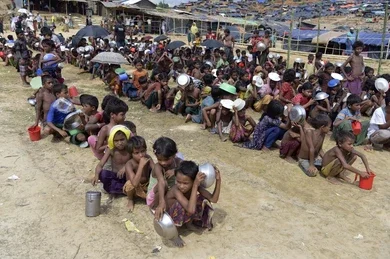
In Myanmar, ethnic minorities, especially the Rohingya, endure pervasive discrimination that severely impedes their access to justice. These marginalized groups encounter systemic barriers, including legal exclusion and heightened vulnerability to violence and persecution. Despite international advocacy for their rights, significant obstacles remain entrenched within the country’s legal framework and societal norms. The urgent need for reform and equitable treatment is overshadowed by a climate of fear and impunity, leaving these communities in a state of desperation.
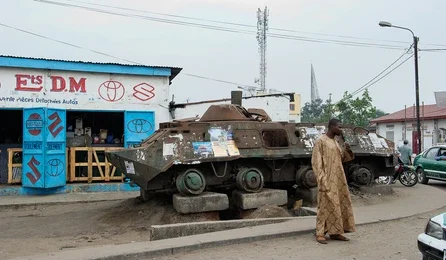
The Democratic Republic of the Congo (DRC) faces significant challenges to peace, as armed conflict and violence persist, largely fueled by fierce competition over the country’s abundant natural resources. Various armed groups and factions vie for control, leading to widespread instability and suffering among the population. Despite numerous efforts to broker peace, the cycle of violence continues, exacerbating humanitarian crises and displacing millions. The intricate web of local grievances and global economic interests complicates the path toward a lasting resolution, leaving the DRC in a precarious state.
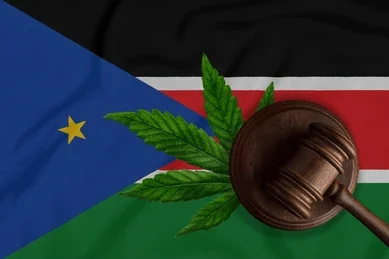
South Sudan faces significant challenges in building strong institutions, primarily due to weak governance structures that hinder effective administration and accountability. The absence of robust legal frameworks and policies has led to widespread corruption and mismanagement of resources. Additionally, inadequate infrastructure hampers service delivery and fails to meet the basic needs of the population. These intertwined issues create a cycle of instability, making it difficult for the nation to progress towards lasting peace and development.
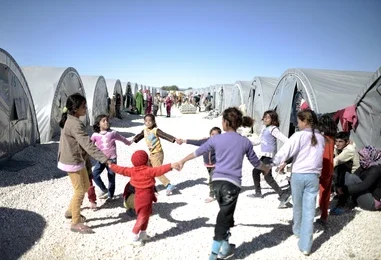
The ongoing civil war in Syria has led to devastating humanitarian consequences, displacing millions and fracturing the social fabric of the nation. As communities are torn apart and basic services collapse, the once-unified national identity struggles to reemerge amidst the chaos. The profound impacts of violence and instability have created deep divisions, complicating any efforts toward reconciliation or peace-building. In this context of fragmentation, the path to a cohesive and peaceful Syria remains obscured, posing a daunting challenge for its future.
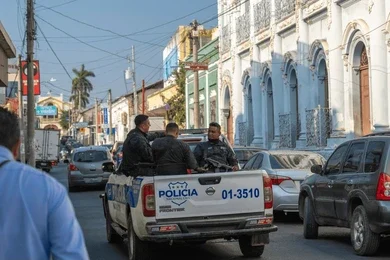
Honduras grapples with a pervasive challenge of violence and crime, fueled by rampant drug trafficking and gang activities that undermine community safety. High murder rates and social instability have created an environment of fear, where families live in constant anxiety about their safety. Efforts to restore peace are complicated by poverty, lack of education, and limited economic opportunities that perpetuate cycles of violence. As communities struggle to secure a safe environment, the urgent need for effective solutions remains, but the path forward is fraught with obstacles.



